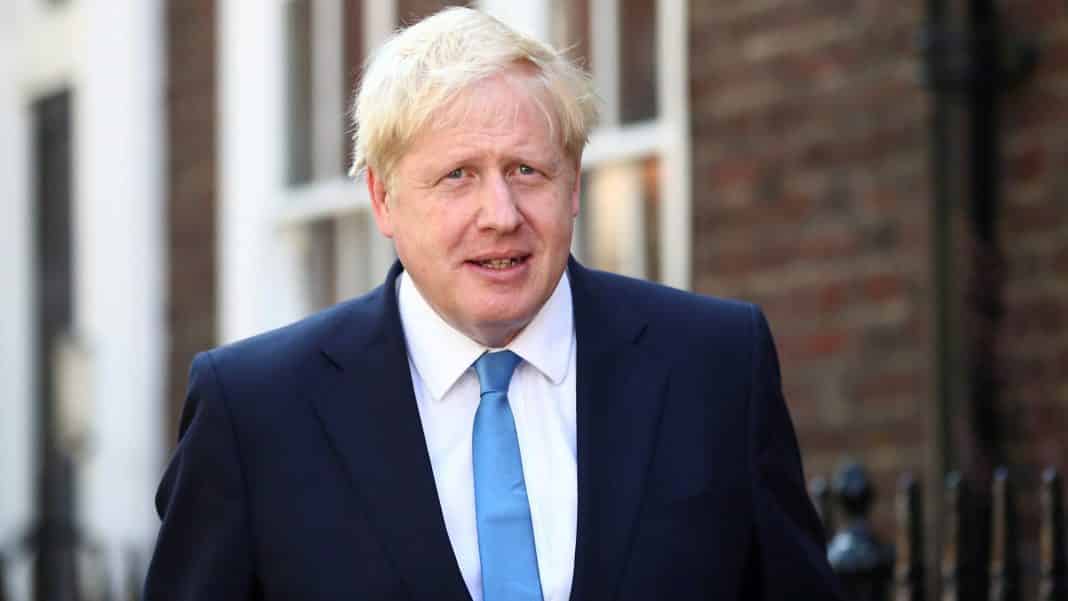When the result of the Brexit referendum was announced back in June 2016, the British Pound plunged to some of its lowest points in the following hours and days. Similarly, the British currency has generally reacted one way or another over the past three years to major political developments. Hence, it was expected that there was going to be similar movement when Boris Johnson was elected as the leader of the Conservative Party and became the Prime Minister-elect on Tuesday. However, to everyone’s surprise, there was very little turbulence in the British Pound. Over the past few months, the currency had gone up or down depending on the state of the country’s negotiations with the European Union regarding Brexit.
It is believed that Johnson’s message to unite the country and work out a deal with the EU, which could be in the best interests of all parties, has led to some positivity. After he was announced as the Prime Minister-elect, Johnson delivered a speech, and it was in that speech that he spoke about unity. He said, “Like some slumbering giant we are going to rise and ping off the guy-ropes of self-doubt and negativity with better education, better infrastructure, more police, fantastic full-fiber broadband sprouting in every household. We are going to unite this amazing country, and we are going to take it forward.”
Although the markets might have welcomed such a bullish stance from the new Prime Minister, it is unlikely that the immediate future of the United Kingdom is going to be that straightforward. The negotiations with the EU have dragged on for months, and the Parliament has rejected each and every deal that former PM Theresa May brought to the table. There is a school of thought that if the UK fails to agree to a deal, then they would bomb out of the EU without a deal and that could be catastrophic for the country. If that happens, then there is every chance of the Pound collapsing quickly. Hence, the stance regarding the Pound as of now might not actually sustain for long.












